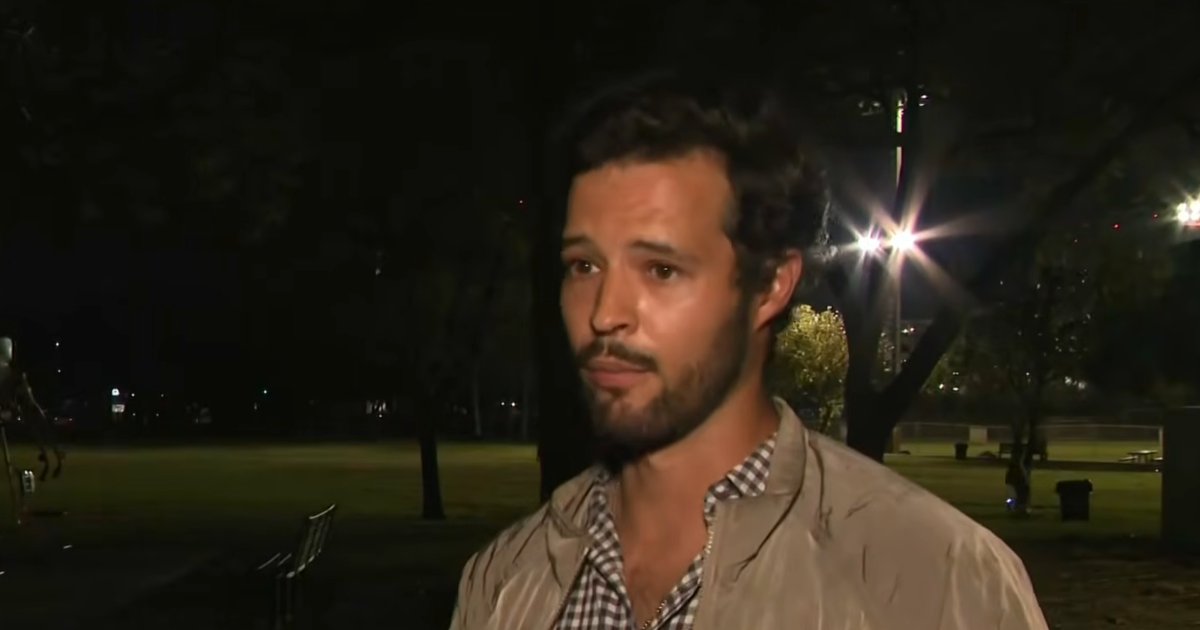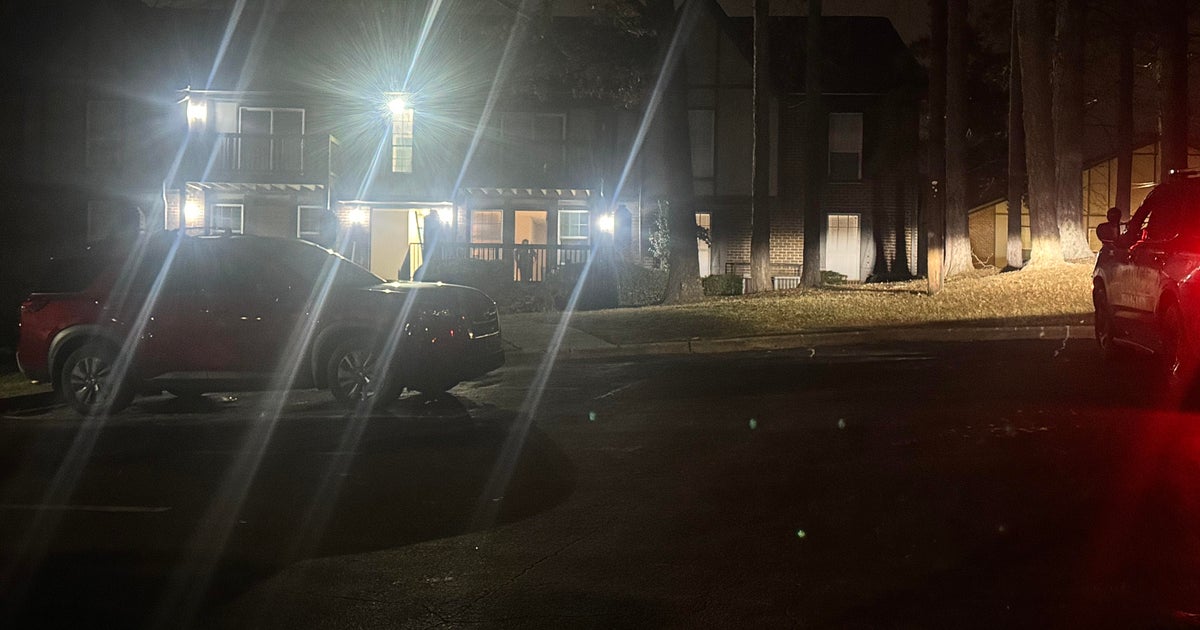Florida online chat service shielded in "horrific" child porn case
TALLAHASSEE - While saying the facts of the case are "nothing short of horrific," a federal appeals court Monday upheld a Florida judge's decision dismissing a lawsuit filed by parents of a child who was sexually exploited by a stranger she met in an online chatroom.
The parents, identified by the initials M.H. and J.H., filed the lawsuit in 2020 against Omegle.com, LLC, a platform that connected people through video chatrooms. The lawsuit alleged that Omegle should be held liable for violating laws related to child pornography and sex trafficking.
Monday's opinion by a three-judge panel of the 11th U.S. Circuit Court of Appeals said the parents' then-11-year-old daughter, identified as C.H., was exploited by a stranger she met in March 2020 on Omegle.
"He told C.H. that he knew where she lived, providing her exact geolocation, and threatened to hack her and her family's electronics if she did not remove her clothing and do what he said," the opinion said. "C.H. fearfully pleaded with John Doe (the stranger), but ultimately complied. John Doe took screenshots and recorded the interaction. C.H. told her parents, who immediately contacted the police."
The lawsuit, filed in the federal Middle District of Florida, said the family lived in New Jersey but that Omegle was headquartered in St. Petersburg. The company filed for bankruptcy in December 2023, according to court documents.
The case, in part, involved what is known as Section 230 of the federal Communications Decency Act of 1996. The controversial measure provides broad immunity to online companies for content generated by users.
It also involved other federal laws, including what is known as "Masha's Law," which the appeals court said allows victims to pursue civil lawsuits against "anyone who knowingly possessed or accessed pornographic pictures of them."
Tampa-based U.S. District Judge Virginia Hernandez Covington in January 2022 dismissed the case, citing immunity for the company under Section 230.
"Congress has instructed that claims for harm suffered at the hands of other users, without more, cannot justify redirecting liability to the forum where the harm took place," she wrote. "While the court sympathizes with plaintiffs over the harm C.H. suffered while using Omegle, the court finds that they have nonetheless failed to plead claims that withstand Omegle's Section 230 immunity."
Parents fight back
The parents took the case to the Atlanta-based appeals court. Monday's opinion said the parents argued that the sex trafficking allegation should move forward because of an exception to Section 230.
But Judges Barbara Lagoa, Andrew Brasher and Ed Carnes ruled that the parents did not meet a legal test of showing that Omegle had "actual knowledge" of sex trafficking.
"Omegle.com allegedly knows that predators use its services, which allow them to target children for sexual abuse and exploitation," the opinion said. "Nonetheless, Omegle.com allegedly enables individuals to communicate with complete anonymity, does not require age verification or parental consent for minor users, and does not sufficiently protect users' data. These allegations taken as true may sufficiently allege that Omegle.com should have known (i.e., constructive knowledge) that John Doe would use its website to victimize C.H. But the law demands more than constructive knowledge."
Brasher and Carnes also rejected the parents' arguments about Masha's Law related to child pornography, while Lagoa dissented in that part of the opinion. The majority said it could not say the lawsuit "plausibly alleges that Omegle.com possessed, or had knowledge it possessed, child pornography."
"First, the operative complaint does not allege that Omegle.com ever possessed or accessed the images that John Doe recorded," the majority said. "In fact, the complaint does not allege that Omegle.com even had the ability to access its user's recordings in general or John Doe's recordings of C.H. in particular. Second, and relatedly, there are no allegations that would support the conclusion that Omegle.com knowingly possessed or accessed John Doe's recording knowing it was child pornography."
But in a dissent, Lagoa wrote that a district court could find that the parents stated a "plausible claim for relief."
"Specifically, the plaintiffs alleged (and we accept as true) that Omegle knows that its website is frequented by minors," Lagoa wrote. "They also alleged that the use of Omegle.com for child sex abuse material is pervasive, and that Omegle has been contacted by individuals representing exploited children or by law enforcement investigating crimes committed in these cases. A district court could find, based on these allegations, that Omegle was deliberately ignorant to the fact that John Doe's recording of C.H. contained sexually explicit material and deliberately ignorant as to C.H.'s minor status."







